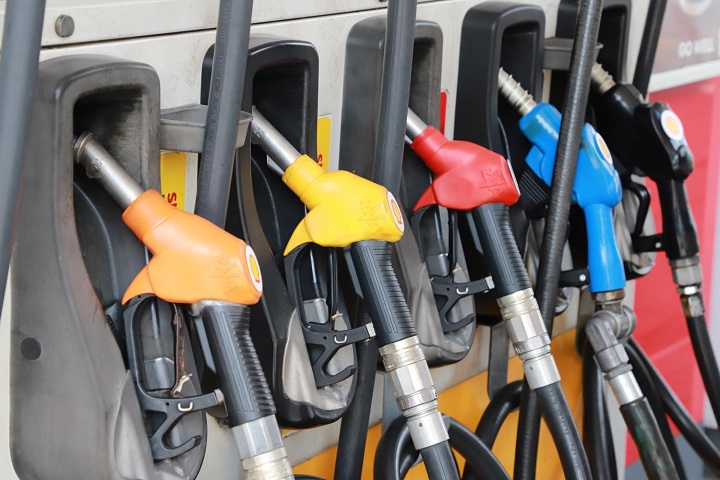
By- Dino Gombak
The Prime Minister of Malaysia, Anwar Ibrahim, has revealed his intention to implement a focused diesel subsidy programme that would cater just to customers in Peninsular Malaysia. This move is part of a strategic move that aims to recalibrate the nation’s framework for subsidy programmes. By taking this courageous move, which reflects a deep knowledge of economic dynamics, we are moving away from the traditional blanket subsidies of the past and towards a strategy that is more precisely adjusted and driven by data.
The combined problem of guaranteeing fair access to basic resources while preserving economic restraint was a task that Malaysia, like many other emerging countries, struggled with for decades. As a result of its broad strokes, the former subsidy system often failed to achieve the goals it had set out to achieve. It was plagued with problems of inefficiency, misallocation, and the potential for abuse.
A maturing in Malaysia’s socio-economic policy environment is shown by the paradigm change towards targeted diesel subsidies. This maturation is supported by a dedication to accuracy, efficiency, and evenness. The goal of the government is to increase the efficiency of resource allocation, promote inclusive development, and reduce the amount of financial burden that is placed on families with low and moderate incomes by providing assistance that is explicitly directed towards those who are regarded to be in the greatest need.
The use of data and technology to specifically identify and communicate with beneficiaries who are eligible for assistance is the driving force behind this shift. Authorities are able to identify people or families who are most worthy of assistance by using sophisticated algorithms and administrative databases. This helps to minimise leakage and ensure that subsidies are used for the purpose for which they were intended.
A further point to consider is that the shift towards targeted subsidies has significant repercussions for the fiscal sustainability and economic resilience of Malaysia. In order to foster human capital and increase long-term productivity, the government may free up financial resources by reducing the amount of money it spends on fuel subsidies. This would allow the government to invest in essential sectors such as education, healthcare, and infrastructure.
The success of Malaysia’s targeted fuel subsidy programme, on the other hand, is contingent upon comprehensive planning, open and honest execution, and stringent supervision. At the same time as strict monitoring methods should be put into place to protect against fraud or abuse, clear and fair qualifying standards need to be created in order to exclude any possibility of favouritism or arbitrariness.
In addition, in order for the subsidy reform to be successful, it is necessary to take a comprehensive strategy that combats structural inefficiencies and encourages the implementation of sustainable energy practices. At the same time that it is reducing its reliance on fossil fuels and mitigating environmental degradation, Malaysia is able to chart a course towards a greener and more resilient future by investing in infrastructure for renewable energy, enhancing public transport networks, and promoting initiatives that promote energy efficiency.
In conclusion, the shift that Malaysia has made to targeted diesel subsidies is a significant moment in the socio-economic trajectory of the country. This transition exemplifies a dedication to effectiveness, efficiency, and fairness. A more robust and inclusive economy that is ready to handle the difficulties of the global terrain of the 21st century has been set out by the government via the adoption of a more sophisticated and data-driven approach to the supply of subsidies. The country is about to start on a journey that will reshape it, and in order to realise the full potential of this ambitious effort, it will be essential to maintain vigilance, adaptation, and a persistent dedication to the welfare of all Malaysians.
( The author is a Editor In Chief at Asia News Today, Asia News Today (ANT) is an online media with experienced journalists and editors that caters news from Malaysia, ASEAN, and the Asian region )
*The article reflects the author’s personal thoughts and does not imply Asia News Today*
You must be logged in to post a comment.